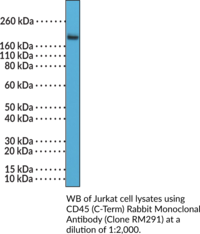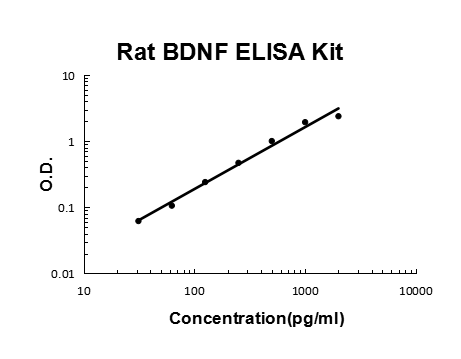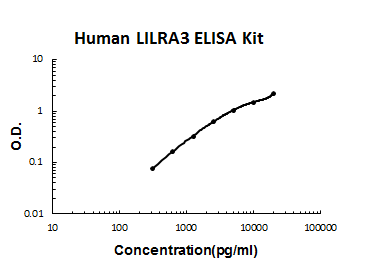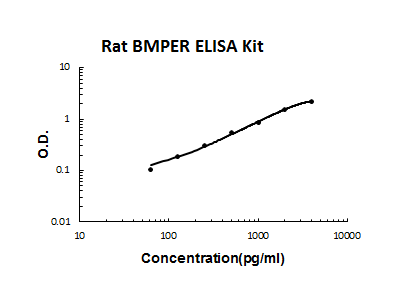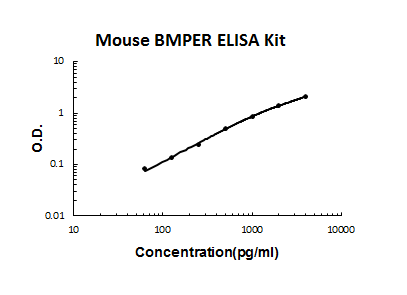Description
Immunogen: Peptide from the C-terminal region of human CD45 • Host: Rabbit • Species Reactivity: (+) Human • Cross Reactivity: (+) CD45 • Applications: IHC, WB
Synonyms: LCA|Leukocyte Common Antigen|Ly-5|PTPRC
Immunogen: Peptide from the C-terminal region of human CD45
Formulation: 100 µl of protein A-affinity purified antibody
Isotype: IgG
Applications: IHC, WB
Origin:
Stability: 365 days
Application|Immunohistochemistry||Application|Western Blot||Product Type|Antibodies|Monoclonal Antibodies||Research Area|Cancer|Immunology||Research Area|Immunology & Inflammation|Adaptive Immunity||Research Area|Immunology & Inflammation|Innate Immunity
